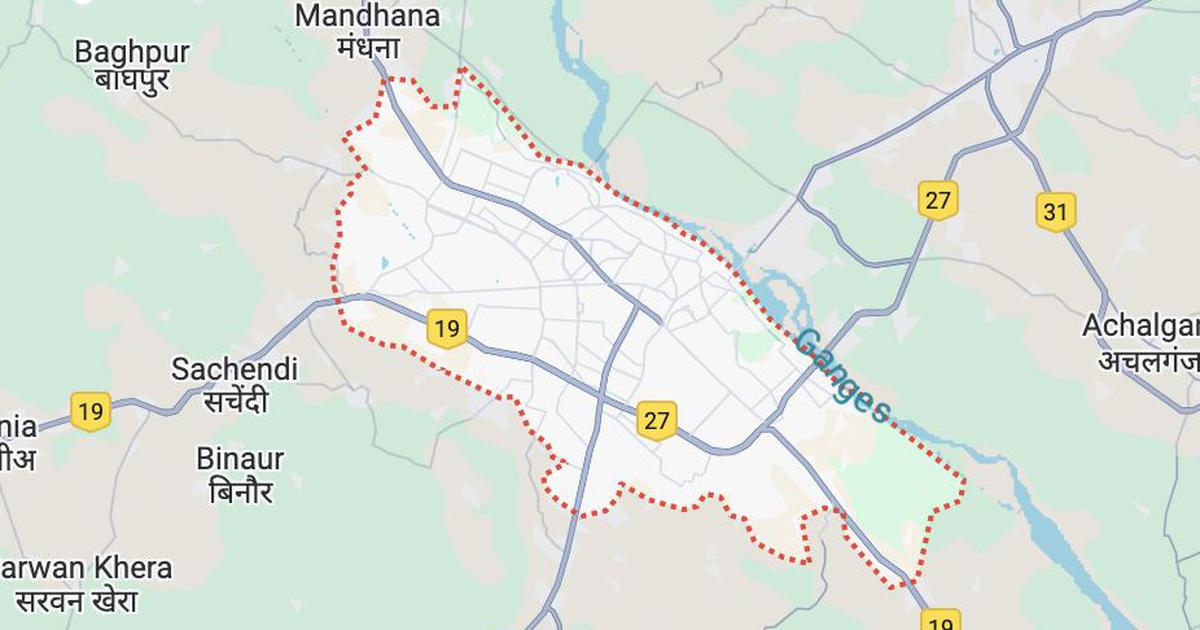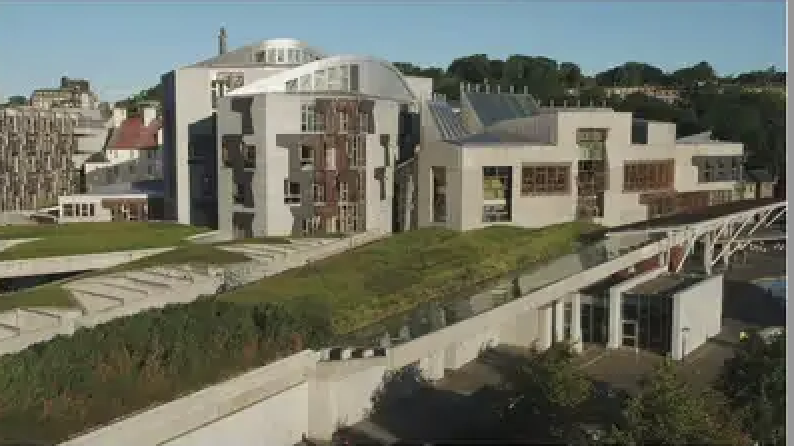The demographic profile of the parliamentary constituency has been radically altered. For the first time, no major party had fielded a Muslim candidate.

Every year, without exception, the Brahmaputra washes away villages that fall in the Chenga Assembly constituency in lower Assam’s Barpeta district.
“In 20 years, the river has advanced almost 5 km,” said Jiliam Uddin, the headman of Malipara village on the bank of the Brahmaputra. The villages here are built on chars – the sandbanks of the Brahmaputra or islands that dot the river – which are home to a large population of Bengali-origin Muslims.
Almost all the areas of a nearby village, Chenimari, have disappeared under water, Uddin said. The river now flows only 50 metres away from the Chenimara government school, threatening to drown it. “The Brahmaputra never stops advancing and no government tries to solve this problem,” rued Uddin.
Ahead of the Lok Sabha election, Uddin would have liked to bring his concerns about erosion to the notice of the candidates of various parties asking for his vote.
But not a single candidate standing for the Dhubri Lok Sabha seat had visited the area, as on April 30.
This was not the case in earlier Lok Sabha elections. What changed?
This story was originally published in scroll.in. Read the full story here.






